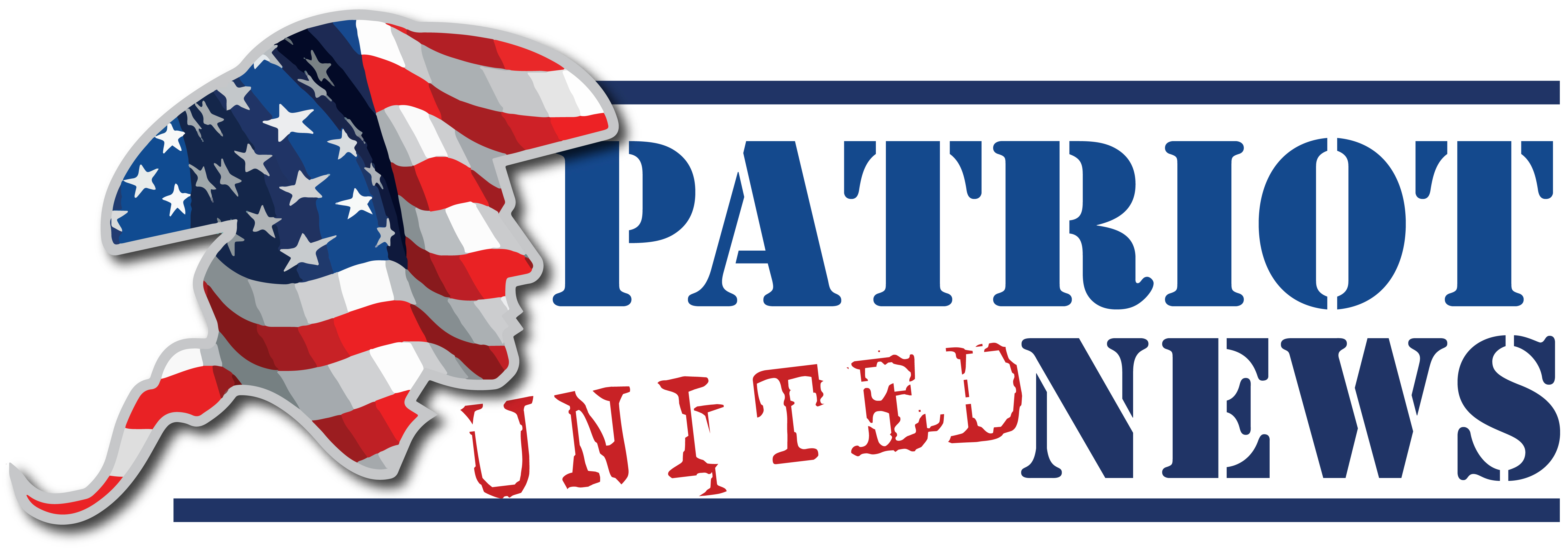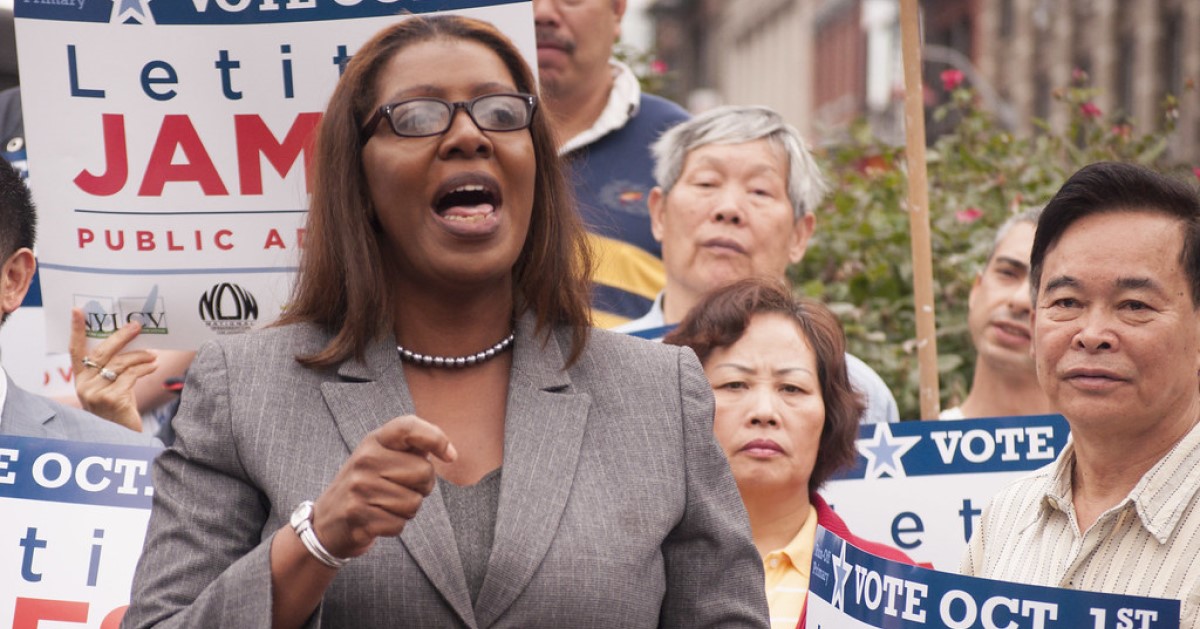What Special Prosecutor John Durham has going on behind the closed doors of his special investigation really is a big deal. As soon as Hillary Clinton got word that Durham really might have some dirt that could blow back on her when it hits the fan, Michael Sussmann’s lawyers scurried off to the courthouse and filed a motion to dismiss the charges against him. It’s probably not going to stick.
Political deceit is a big deal
As soon as Hillary started throwing her weight around and intimidating Fox News for reporting the involvement of her campaign in dirty tricks against Donald Trump, Michael Sussmann’s lawyers suddenly went into panic damage control mode.
So what if he lied to the FBI? That’s no big deal, everybody does it. Besides the lies he told didn’t make any actual difference. No harm, no foul. They think the judge will believe that and throw Durham’s indictment in the trash.
The only problem that Sussmann’s defense attorneys have with that strategy is that team Durham gets a chance to answer back. Yes, they argue.
Sussmann’s lies really were a big deal. He engaged in “political deceit” when he lied to the FBI because the tale he told “deprived agents of critical information.” That makes it “material,” which means his lie “could have influenced the course of the Russia probe.”
Sussmann and his lawyers thought the judge would believe them and dismiss a charge of lying to the FBI because not only was the false statement “not material to the case,” it was protected by the First Amendment.
At the heart of the matter is the defendant’s claim “he was not working on behalf of any clients when he delivered dirt on then-candidate Donald Trump to the FBI general counsel.” He also lied when he alleged that Trump “had a secret computer channel to the Kremlin” but that’s not what he’s charged with. The nasty part of the deal is that Sussmann knew exactly what he was doing.

Sophisticated and well connected
When the FBI actually got around to investigating the allegations they “found no evidence that the computer channel existed.” What they did find out was that Sussmann was smack in the middle of the conspiracy deal.
“Sussmann was in fact working on behalf of the Clinton campaign and a computer executive aligned with the campaign when he approached the FBI.”
As Durham noted in his response on Friday, March 4, back in 2016 and 2017, what Sussmann did was reprehensible. “As a former Justice Department lawyer he knew that giving false information to the FBI undercut the tenets of the legal system.”
Not only that, he wasn’t an ordinary person. “Far from finding himself in the vulnerable position of an ordinary person whose speech is likely to be chilled, the defendant – a sophisticated and well-connected lawyer – chose to bring politically-charged allegations to the FBI’s chief legal officer at the height of an election season.” That, Durham declares is a big deal. Really big.
“He then chose to lie about the clients who were behind those allegations. Using such rare access to the halls of power for the purposes of political deceit is hardly the type of speech that the Founders intended to protect.” The First Amendment should not be sullied to protect a dirty Clinton back room deal to steal the election.
“The Court should therefore reject defendant’s invitation to expand the scope of the First Amendment to protect such conduct.” An “evaluation of a source,” Durham writes, “can (and often does) influence the FBI’s decisions regarding its initial opening decisions and subsequent investigative steps. That alone is sufficient to establish materiality.“









